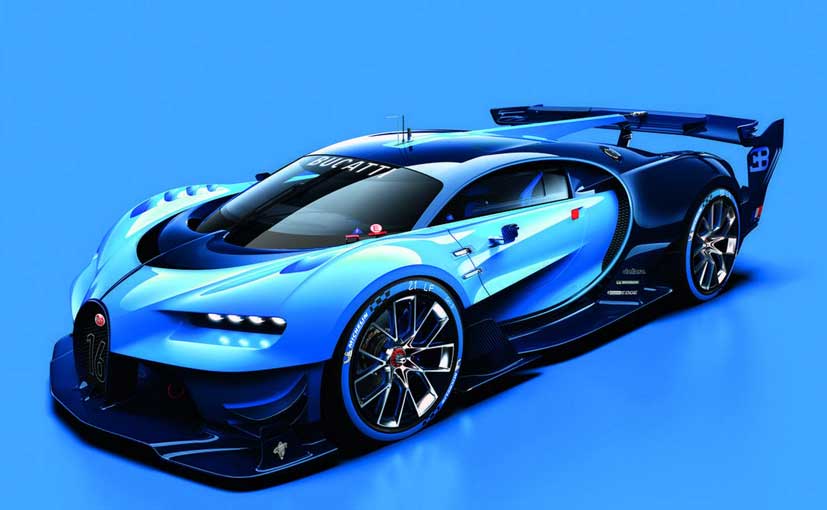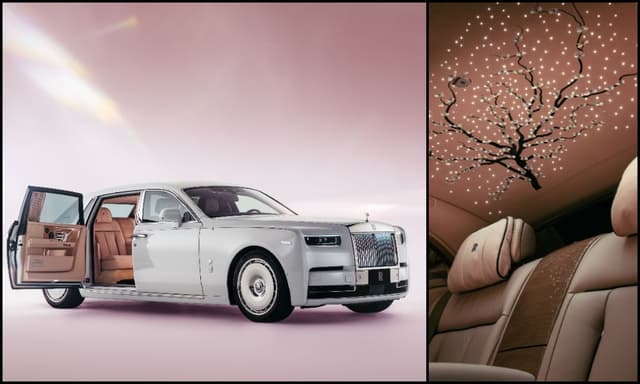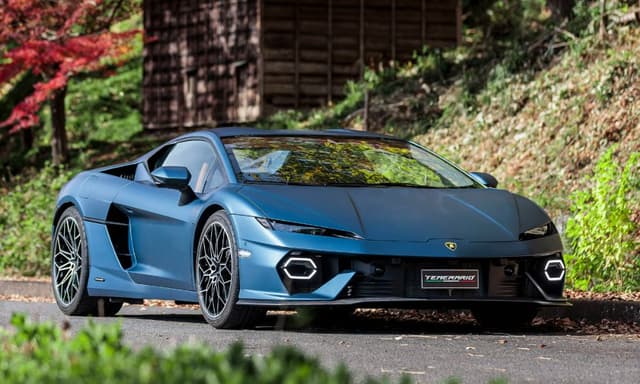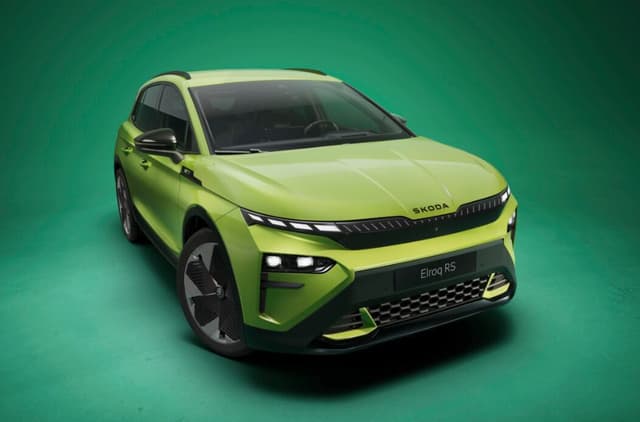Concept Cars: Why Are They Made?

Highlights
If you've ever attended a motor show, you would have noticed that some of the most popular pavilions include those of the ultra-futuristic concept vehicles. What's the purpose of spending huge amounts of time, money and effort into creating something that may never see the light of day, one might ask. To give you a better understanding of the importance of concept cars, here's a list of pointers why carmakers put tons of effort into making them.
1. Production-Ready Concepts
Initially, most automotive companies would invest in only the most high-tech and uniquely designed concept cars to showcase at auto shows. However the trend seems to be changing as more and more manufacturers choose to not only create exaggerated concepts but near-production ready ones as well.
By unveiling concepts that look realistic enough to be produced imminently, auto makers are able to build-up towards a more successful launch. By advertising its imminent arrival, many people looking to buy one of the concept car's competitors, could possibly be lured into waiting till its launch before making a decision. This would be a huge victory in any manufacturer's opinion; to sway the opinion of a consumer set to buy a product from the competition. One such example is the Toyota Innova rivaling Tata Hexa, the concept version of which was showcased at the 2015 Geneva Motor Show. The car is set to be launched in the 2016 and its close-to-concept production guise has already been spotted doing test runs in the country.
2. Footfall
Who doesn't like a shiny piece of modern art? That's basically what some concept cars are, eye candy. Such concepts are able to drive traffic towards their respective company's pavilion, thereby increasing awareness of the rest of its more realistic products. One such product that created a huge amount of hype was the stunning Bugatti Vision Gran Turismo Concept showcased at the 2015 Frankfurt Motor Show.

Motor shows have become hugely successful platforms to generate interest in a company or its products. The expos are frequented by many hundreds of thousands of visitors and to grab the attention of such large crowds is a tough task. Thus, rather than keeping concepts under wraps, showing them off to the industry helps carmakers gain invaluable market awareness and traction.
3. Market Study
In most cases, if a company makes a concept, it intends on at the least creating a dulled-down version of it sometime in the future. However the way the industry reacts to a concept product today hugely helps fine tune the product before its launch in the future. In fact, even if a company categorically states that one of its concepts will never be mass produced, the public's level of interest could potentially bend their opinion. Additionally, concepts also allow manufacturers to test certain technologies that may make it onto future cars, if in case the car itself is too far-fetched to be ever produced.
4. Investigate Future Technologies
If you aren't aware of this by now, most automotive firms have a vast reserve of technologies that they've been researching for many years. Depending on the ease of integration, bits of tech are then taken from this reserve and implemented onto new models. However, to better prepare the market for these new features, companies showcase concepts that are equipped with the aforementioned systems. By showcasing the importance of such new-age technology, companies are able to point people in the direction of the future, years in advance. Currently, the upcoming generation of luxury cars have been showcased with early stages of autonomous technology which will begin rolling out in 2016.
Last Updated on December 9, 2015














